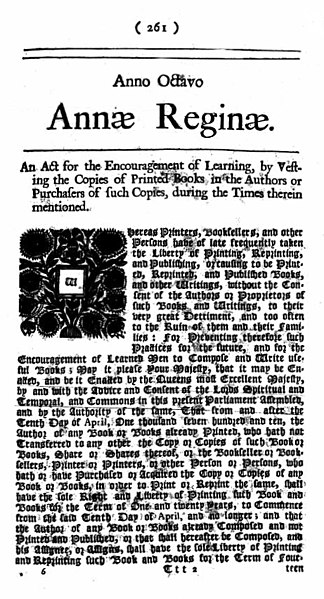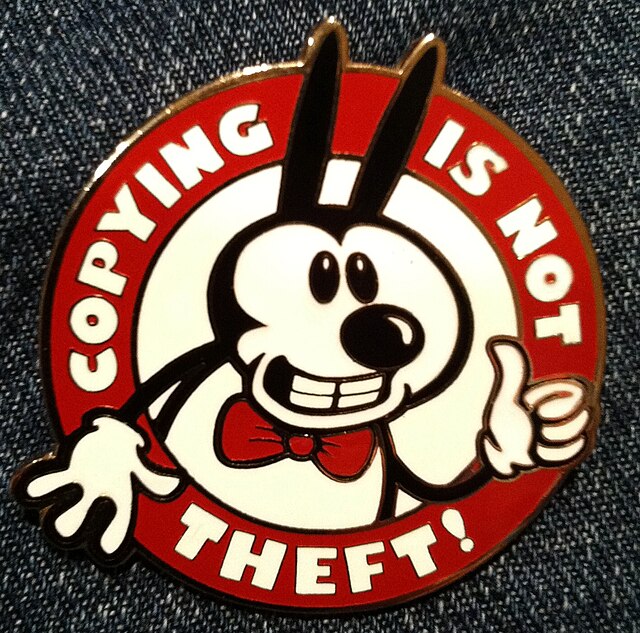A patent is a type of intellectual property that gives its owner the legal right to exclude others from making, using, or selling an invention for a limited period of time in exchange for publishing an enabling disclosure of the invention. In most countries, patent rights fall under private law and the patent holder must sue someone infringing the patent in order to enforce their rights.
A patent issued by the U.S. Patent and Trademark Office
James Puckle's 1718 early autocannon was one of the first inventions required to provide a specification for a patent.
The plate of the Martin ejector seat of a military aircraft, stating that the product is covered by multiple patents in the UK, South Africa, Canada and pending in "other" jurisdictions. Dübendorf Museum of Military Aviation.
Intellectual property (IP) is a category of property that includes intangible creations of the human intellect. There are many types of intellectual property, and some countries recognize more than others. The best-known types are patents, copyrights, trademarks, and trade secrets. The modern concept of intellectual property developed in England in the 17th and 18th centuries. The term "intellectual property" began to be used in the 19th century, though it was not until the late 20th century that intellectual property became commonplace in most of the world's legal systems.
Intellectual property laws such as trademark laws forbid the sale of infringing goods like these "McDnoald's" [sic] and "NKIE" [sic] sandals from China.
The Statute of Anne came into force in 1710.
Demonstration in Sweden in support of file sharing, 2006
"Copying is not theft!" badge with a character resembling Mickey Mouse in reference to the "in popular culture" rationale behind the Sonny Bono Copyright Term Extension Act of 1998




![Intellectual property laws such as trademark laws forbid the sale of infringing goods like these "McDnoald's" [sic] and "NKIE" [sic] sandals from Chin](https://upload.wikimedia.org/wikipedia/commons/thumb/0/07/Nike%2C_McDonald%E2%80%99s_copyright_infringing_sandals_in_China.jpg/483px-Nike%2C_McDonald%E2%80%99s_copyright_infringing_sandals_in_China.jpg)


